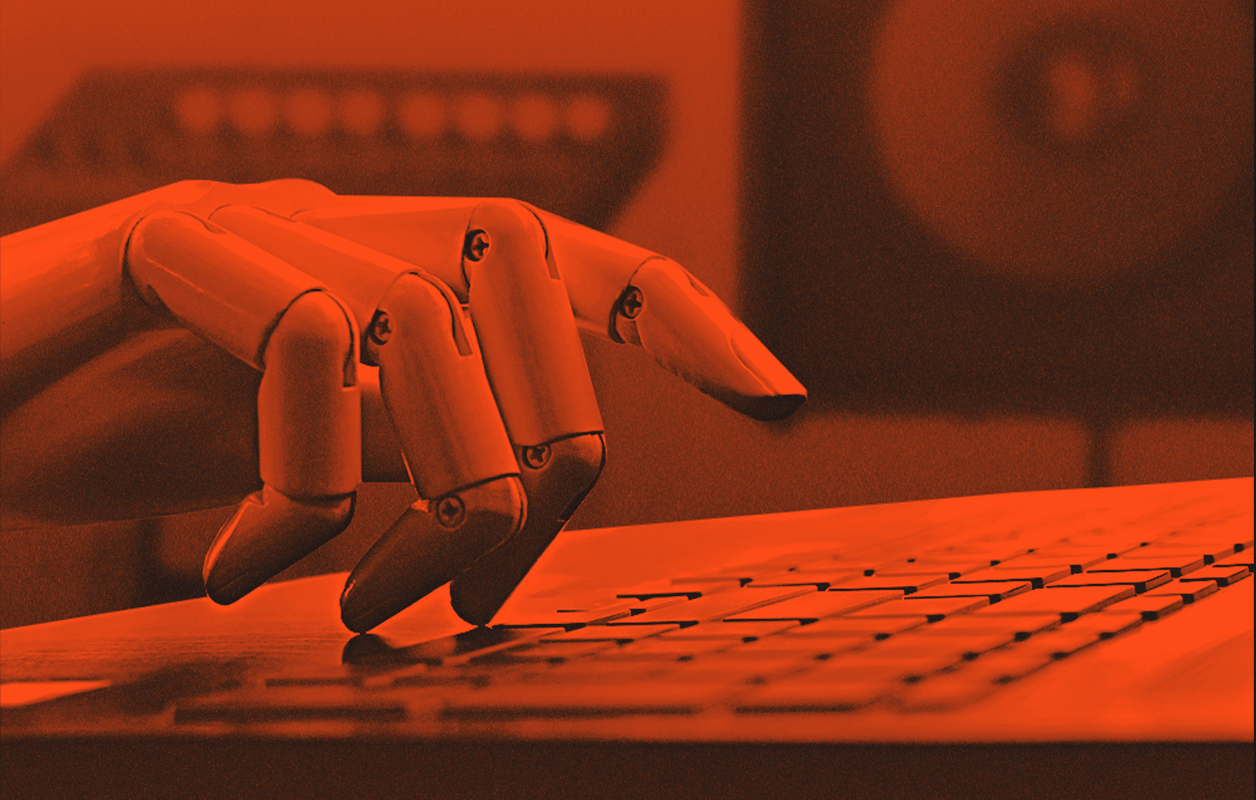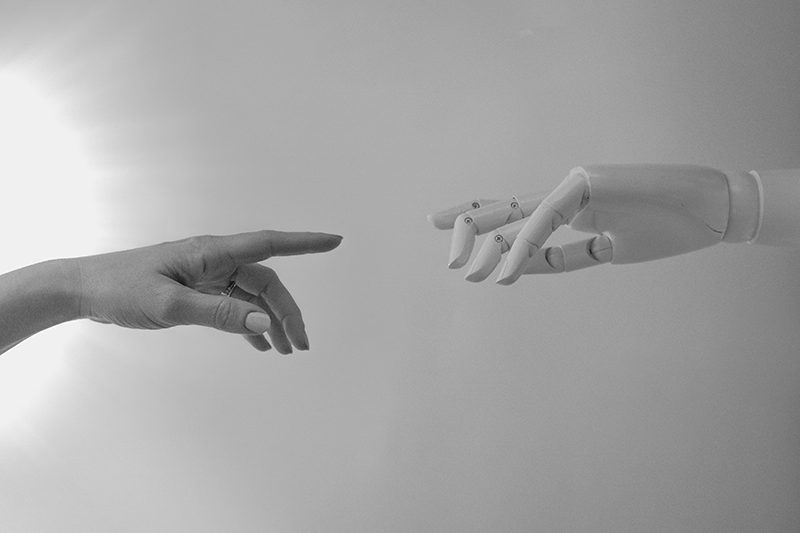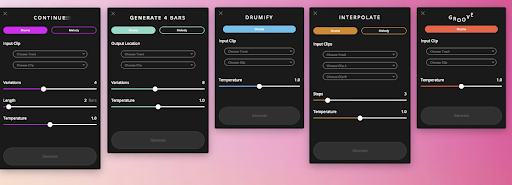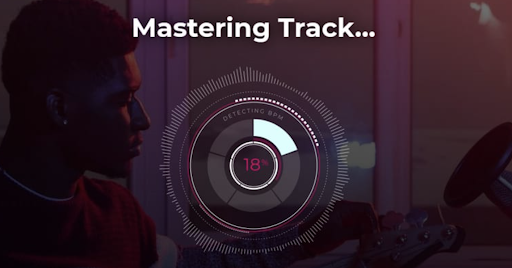
The new landscape of music production isn’t limited to your creativity alone. Nowadays, we’re seeing increasingly more AI and data-driven technologies across the board, and the music industry is no exception to the rule.
However, does artificial intelligence have a beneficial place within the music industry? More importantly, will data-driven music replace artists for good? Below, we’ll delve into what you can expect from this transition and share some AI music production gear. The future awaits!

When you bring up “artificial intelligence” or “machine learning,” many of us picture antagonistic robots plotting ways to eradicate the human race. However, the concept is a lot less loaded than we think.
Technically speaking, AI is any set of thought processes performed independently by computers. Artificial intelligence is programmed using data sourced from the real world, so it’s entirely informed by what data sets we choose to present.
In fact, we’ve seen artificial intelligence enacted within the music industry for years. For instance, Shazam utilizes machine learning to identify that song you heard at the coffee shop. Spotify’s data-driven playlists help plenty of undiscovered artists land on user-personalized playlists like “Discover Weekly.”
In addition to feeding listeners with more personalized song recommendations, machine learning can be used to generate drum beats, melodies, or even master a song. However, critics are right to point out that machine learning could unintentionally plagiarize a famous melody, leading to copyright complications. AI music production could also arguably produce bland work since it’s inherently biased based on its foundation of data.
Concerns aside, there is no shortage of emerging music production tools powered by machine learning. When used with care, these tools can help, not hinder, the everyday producer. Whether providing new producers with a great sound foundation or introducing musicians to new sonic combinations, making music with machine learning is definitely worth looking into.
AI Music Production Tools
So, what sorts of AI music production tools can you expect from this new era of creation? Here is a sample of some of the technologies that are already out there and what’s to come.
Composition
One of the earliest categories of artificial intelligence tools was created for composition. Companies like Amper and AIVA set out to create scores for content, film, and gaming. Notably, these applications allow users to mix and match instruments if the original creation isn’t to taste. You can tweak the AI composition as you please and then download it for personal or commercial use.
Take a listen to this composition generated by AIVA:
Songwriting
Another intriguing area of artificial intelligence is songwriting. While many labels naturally place oodles of songwriters in a single session to create something great together, not all artists have that sort of access. Applications like Amadeus Code can serve as songwriting assistants, providing you with chord progressions, melody ideas, and exportable MIDI files so that you can expand upon your beat building:
AI Production
Plenty of producers could make use of AI-powered instruments. These plugins can make it easier for musicians to build new chord progressions, reinvent their workflow, or step outside their comfort zone sonically.
Magenta by Google Labs provides Ableton users with a whole host of free plugins designed to generate melodies, rhythms, and grooves, all in the DAW’s session view:

Other stand-out picks include the Orb Producer pack, which allows producers to generate melodies, basslines, and wavetable synthesizer sounds all within the context of their creations.
AI Mixing and Mastering
Last but certainly not least, machine learning has infiltrated the mixing and mastering process. While many engineers still find that nothing can replace the human ear in this department, these plugins can bring producers to a great starting point or provide a polished entry-level option for those who can’t afford copious amounts of studio time.
Izotope has served as a pioneer in this field, offering the widely acclaimed mixing and mastering suites Neutron and Ozone powered by artificial intelligence. Machine-learning-based masters are all the more common in indie artist communities as well, with LANDR and Emastered leading the pack.

Even if you’re a production purist, artificial intelligence technology is here to stay in the music industry. It’s important to remember that while these technologies can model human creativity, they can’t replace the human touch.
Artificial intelligence plugins might get you to a preferred starting point faster, but you can’t precisely replicate an individual’s perspective on a piece of music. For now, artificial intelligence production tools are friends, not foes. Enjoy building your beats with AI technology!

